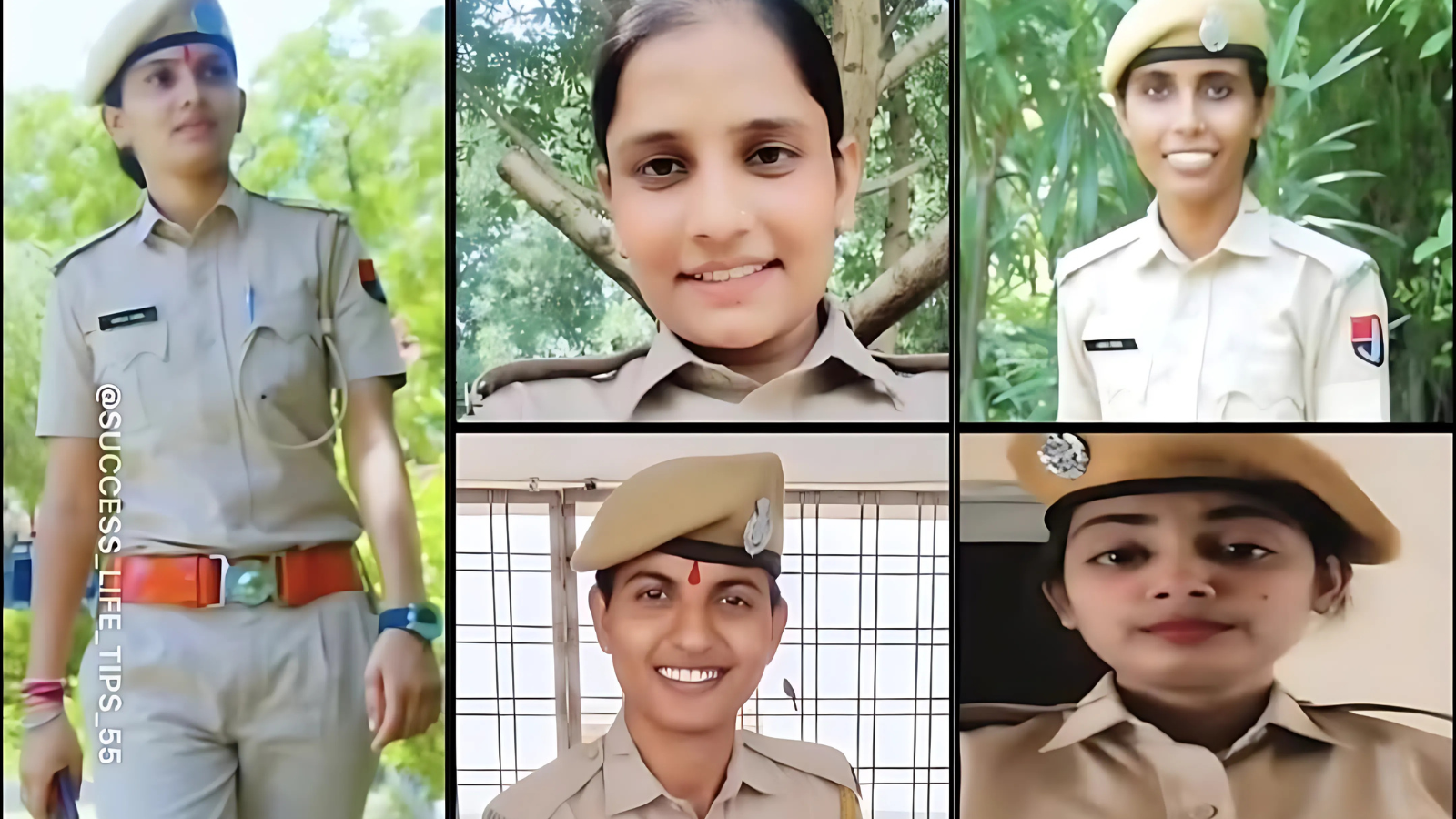In a small village in Rajasthan, where dreams often wrestle with reality, five friends—Rajasthan village girls—have scripted a story of triumph that echoes far beyond their dusty lanes. Defying economic hardships and societal norms, these young women became police constables in their first attempt, without the aid of expensive coaching classes. Their journey, rooted in humble beginnings and fueled by unbreakable bonds, is a beacon for anyone chasing ambitious goals against the odds.
The path to becoming a Rajasthan police constable is no easy feat. It demands clearing a written exam, a grueling physical efficiency test (PET), a physical standard test (PST), and a medical examination. For these girls, the challenges were compounded by their circumstances. One’s father drove an auto-rickshaw, navigating long hours to support her education. Another’s family relied on the unpredictable yields of farming. With limited resources and no access to urban coaching centers, the odds seemed stacked against them. Yet, their resolve was unshakable.
What set these Rajasthan village girls apart was their strategy: self-study and solidarity. They pooled their resources, sharing books and notes, and studied for hours each day. Early mornings were spent practicing for the PET, running laps around their village fields to build stamina. “We motivated each other,” one of the girls shared in a local interview, her voice brimming with pride. Their friendship became their strength, turning late-night study sessions into moments of laughter and encouragement. This collective spirit helped them conquer self-doubt and master the syllabus, which includes reasoning, general knowledge, and Rajasthan’s history—topics that require both depth and discipline.
Their success in the 2024 Rajasthan Police Constable Recruitment, which saw 9,617 vacancies announced, is a testament to their hard work. The selection process, detailed on the official Rajasthan Police website, is rigorous: a computer-based test (CBT) with 150 objective questions, followed by a PET where women must run 5 km in 35 minutes, and a PST checking height (minimum 152 cm) and chest measurements. These girls aced every stage, proving that determination can outweigh the absence of formal coaching. Their achievement is particularly striking in a state where only 10% of police personnel are women, highlighting the significance of their entry into a male-dominated field.
The story of these Rajasthan village girls resonates deeply in a country where rural women often face barriers to education and employment. Their families, despite financial struggles, stood as pillars of support. “My father never let me feel the burden of our situation,” one girl said, recalling how he saved every penny for her books. Their village, once skeptical of girls pursuing such careers, now celebrates them as role models. Local elders, initially resistant, have begun encouraging other families to let their daughters dream big.
This triumph also sheds light on the evolving landscape of government job aspirants in India. With coaching institutes charging exorbitant fees, self-study is becoming a viable path for determined candidates. The girls’ success aligns with stories like that of Mini Rajput from Uttar Pradesh, who cleared the UP Police exam through 10 hours of daily self-study and running practice. Such examples underscore that discipline and resourcefulness can level the playing field, even for those from modest backgrounds.
As these Rajasthan village girls don their khaki uniforms, they carry the hopes of their community. Their story, trending on X with posts praising their “sisterhood and grit,” inspires a generation to believe in the power of perseverance. They’ve not only secured stable careers—with salaries starting at ₹17,800 during probation and rising to ₹29,500 post-training under the 7th Pay Commission—but also paved the way for others. Their message is clear: with hard work, unity, and self-belief, even the smallest village can birth the biggest dreams.

